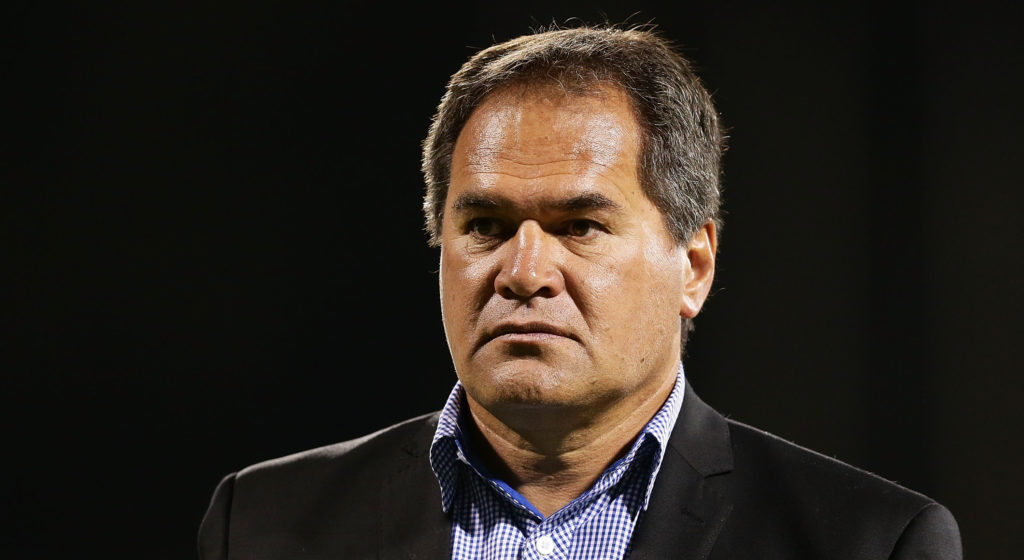Rugby Australia is set to review its regulations regarding player eligibility for the national side after a disappointing World Cup campaign in Japan.
According to Reuters, the Australian rugby board – which recently named New Zealander Dave Rennie as the successor to Michael Chieka – has now turned its attention to reviewing the rule which allows overseas-based players to be eligible for national selection, as long as they have played 60 or more Tests for the Wallabies.
Chieka, who played a key role in introducing the ‘Giteau Law’ four years ago, was permitted to bring veterans Matt Giteau and Drew Mitchell back into the Wallabies squad for the World Cup in England, where Australia were beaten by the All Blacks in the final.
A similar policy was in place for the Springboks before Director of Rugby Rassie Erasmus had the regulation discarded earlier this year. The rule stated that players based abroad had to have played 30 Tests for the Boks to be chosen for the national setup.
The new rule allows any player to be picked for the Boks, but SA Rugby administrators have made provisions to reward locally-based players based on a ranking system, in an attempt to keep hold of the country’s top talent.
That decision has paid dividends and brought enormous success for the Boks this year, with Erasmus’ side claiming an unprecedented double – winning both the Rugby Championship and the World Cup.
ALSO READ: Has the All Blacks’ hegemony come to an end?
The southern hemisphere nations have struggled to compete with the salaries offered by clubs in Europe and Japan, which has seen a constant exodus of talent from Vodacom Super Rugby in particular. Many players in Australia have consequently ruled themselves out of national selection by pursuing more-lucrative contracts overseas.
26-year-old, bulldozing centre Samu Kerevi is just one of many Wallabies who have recently moved abroad and will be a huge loss for Rennie’s side should the eligibility law not be changed.
Mitchell, however, believes that implementing a more accommodating player eligibility policy could be detrimental for Australian Rugby, should talented players leave at a younger age.
‘It’s a difficult question when relaxing the law might mean losing better players abroad earlier from Super Rugby in Australia,’ Mitchell told News Ltd media.
‘I’m a bit torn because I always want the best possible team picked for the Wallabies and that’s the way you get the results that people are thirsting for. I’m saying Australian rugby needs to have a pretty fluid approach to that 60-Test mark and adapt to the needs of the time.’
Photo: Mark Metcalfe/Getty Images





